Indigenous Governance Database
self-sufficiency
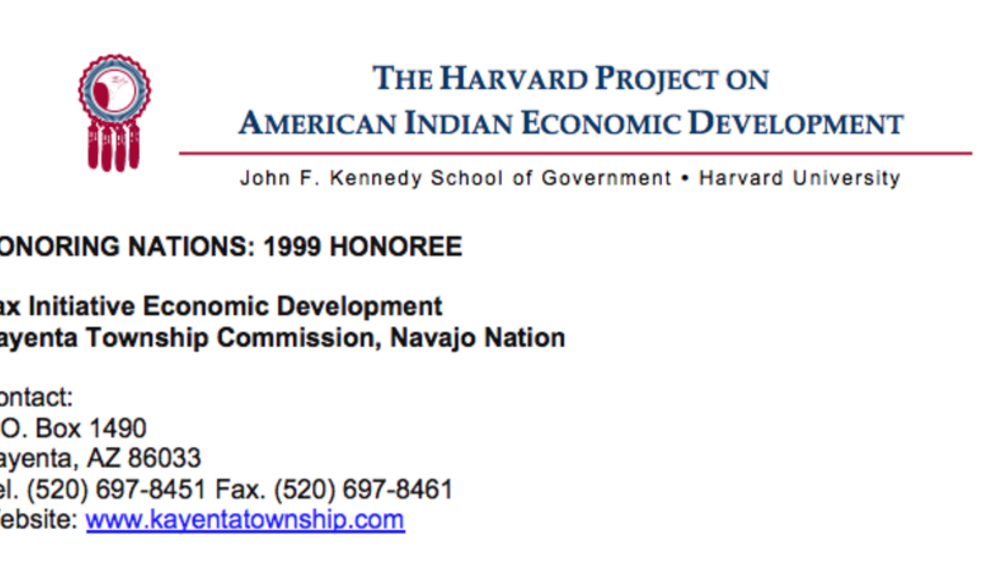
Kayenta Township Tax Initiative for Economic Development
In 1997, Kayenta became the first township on the Navajo Nation to take advantage of new opportunities for local governmental authority by implementing a 2.5% retail tax that brings in hundreds of thousands of dollars annually. This revenue has enabled the Township to build a solid waste transfer…
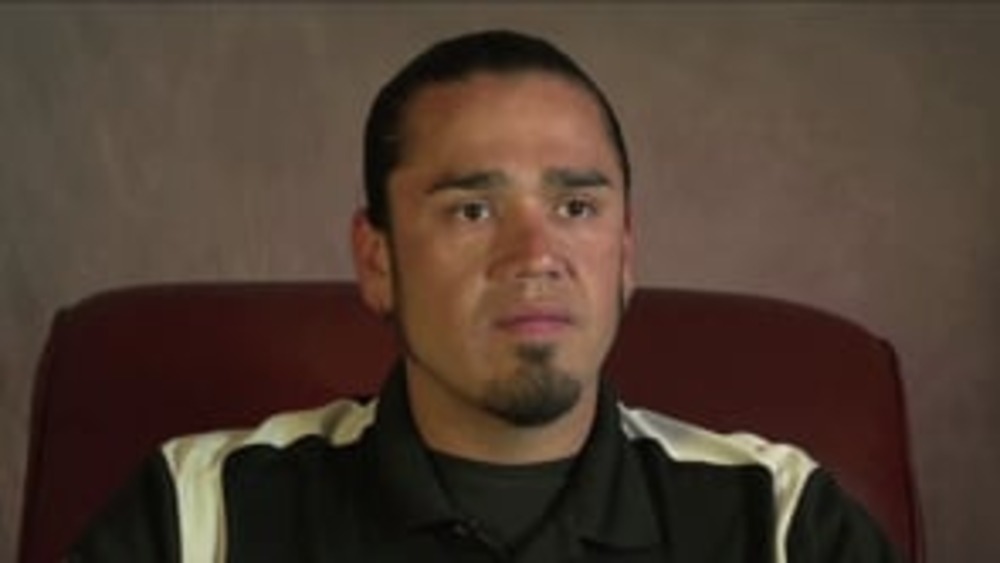
Justin Beaulieu: The Red Lake Nation's Approach to Constitutional Reform
Justin Beaulieu (Red Lake Nation), coordinator of the Red lake Nation Constitution Reform Initiative, provides a detailed overview of how the Red Lake Nation's constitution reform committee has designed and is implementing a methodical, strategic, comprehensive approach to reviewing and reforming…
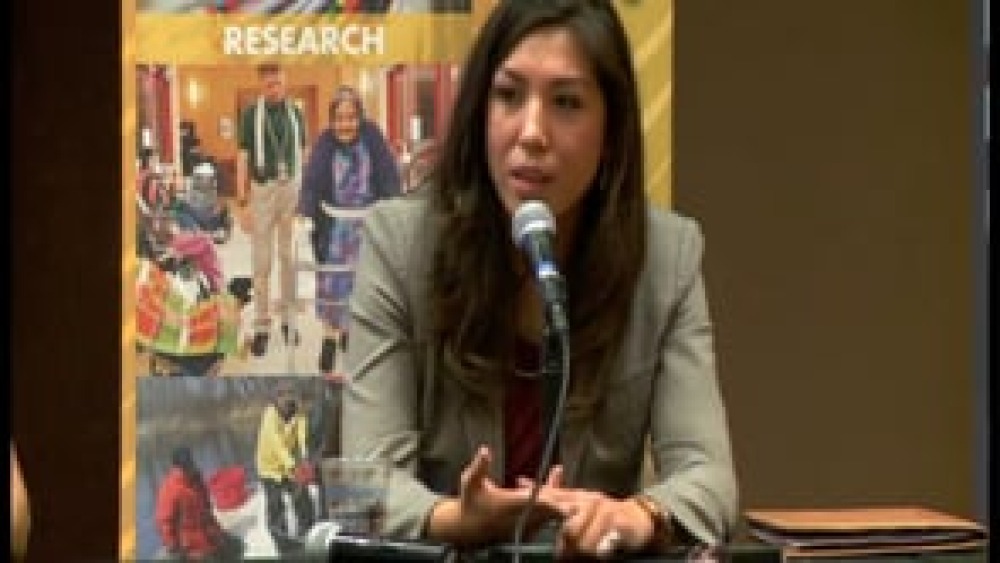
Paulette Jordan and Arlene Templer: Engaging the Nation's Citizens and Effecting Change (Q&A)
Paulette Jordan and Arlene Templer field questions from the audience, offering more details about how they mobilized their fellow tribal citizens to buy into the community development initiatives they were advancing.

Migizi Business Camp
This video -- produced by the Little River Band of Ottawa Indians -- depicts the Band's efforts to implement a work readiness and job training program for teenagers and young adults. Five years ago, the Band’s planning and education departments joined forces to create the Migizi Business Camp for…
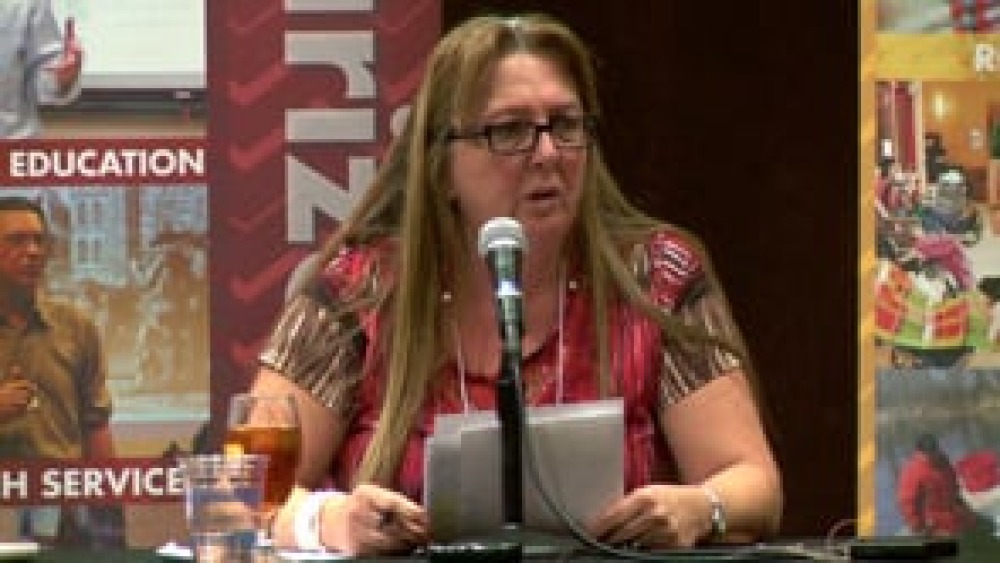
Arlene Templer: Engaging the Nation's Citizens and Effecting Change: The Salish and Kootenai Story
Arlene Templer, Department of Human Resource Development Director for the Confederated Salish and Kootenai Tribes (CSKT), discusses what prompted CSKT to develop the Department of Human Resource Development and how the department works to cultivate self-sufficiency in CSKT citizens and…
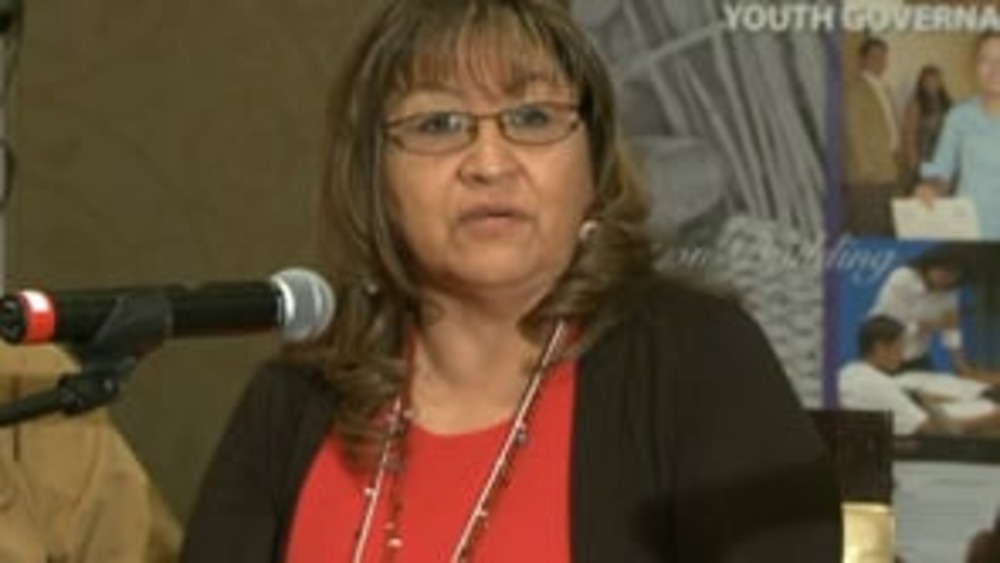
Native Leaders and Scholars: Citizens Versus Members: Some Food for Thought
Native Leaders and scholars discuss the pervasive role that terminology plays in conceptions of Native nation sovereignty and citizenship, comparing and contrasting the terms "member" and "citizen" and discussing the origins of the term "member" in Native nations' definitions of who is to be…
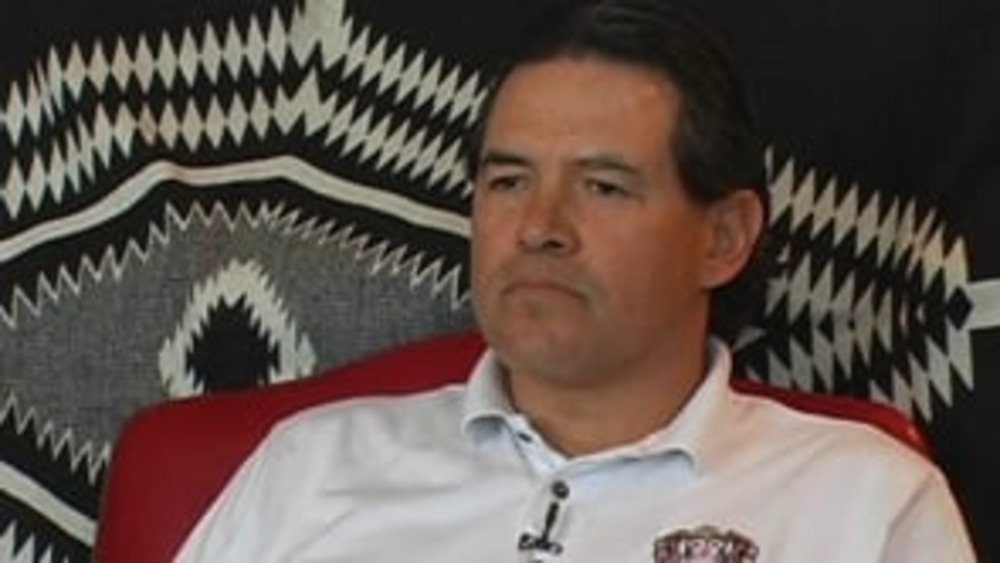
Brian Cladoosby: The Swinomish Indian Tribal Community's Approach to Governance and Intergovernmental Relations
In this wide-ranging interview with NNI's Ian Record, Chairman Brian Cladoosby of the Swinomish Indian Tribal Community discusses Swinomish's unique governance system, its approach to building relationships with other governments to achieve its strategic priorities, and what he feels are the…
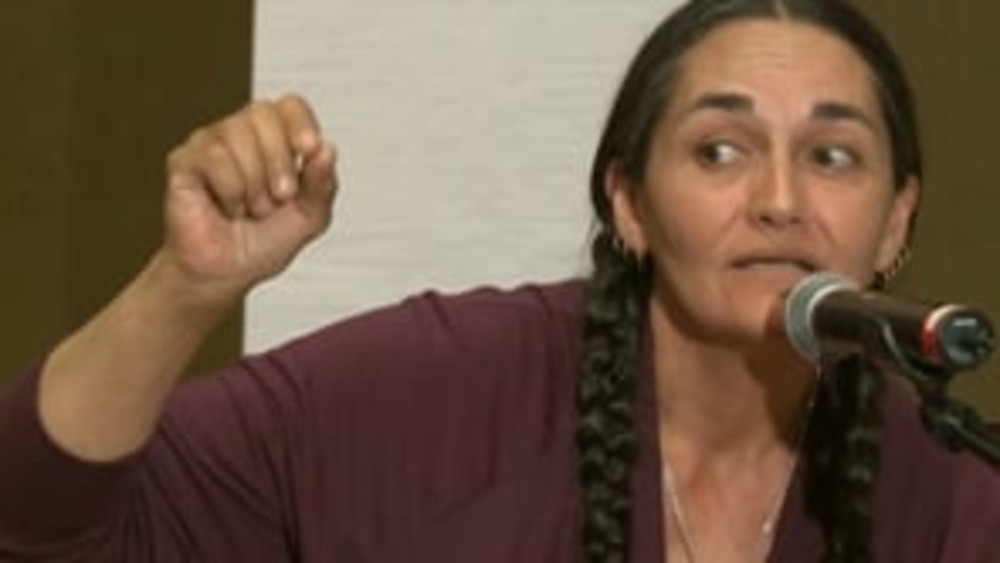
Gwen Phillips: Defining and Cultivating Strong, Healthy Ktunaxa Citizens
Gwen Phillips, Director of Corporate Services and Governance Transition with the Ktunaxa Nation, discusses how Ktunaxa people gained a sense of Ktunaxa identity and belonging traditionally, and the different criteria that Ktunaxa is considering including among its citizenship criteria today.
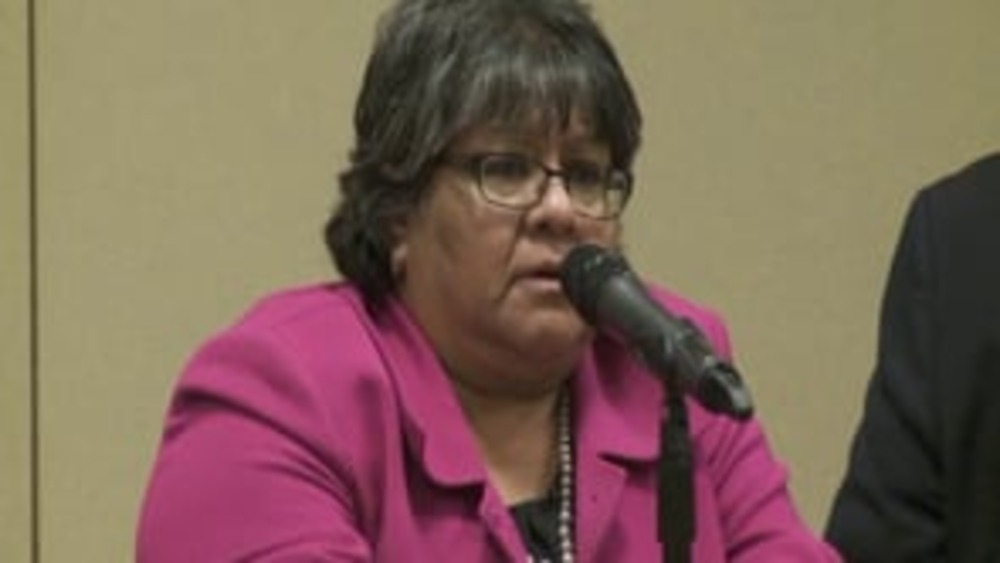
Luann Leonard, Stephen Roe Lewis and Walter Phelps: Bridging the Gap: How Native Culture Forges Native Leaders
Luann Leonard (Hopi), Stephen Roe Lewis (Gila River Indian Community), and Walter Phelps (Navajo) discuss how their personal approaches to leadership have been and continue to be informed by their Native nations' distinct cultures and core values and those keepers of the culture in their…
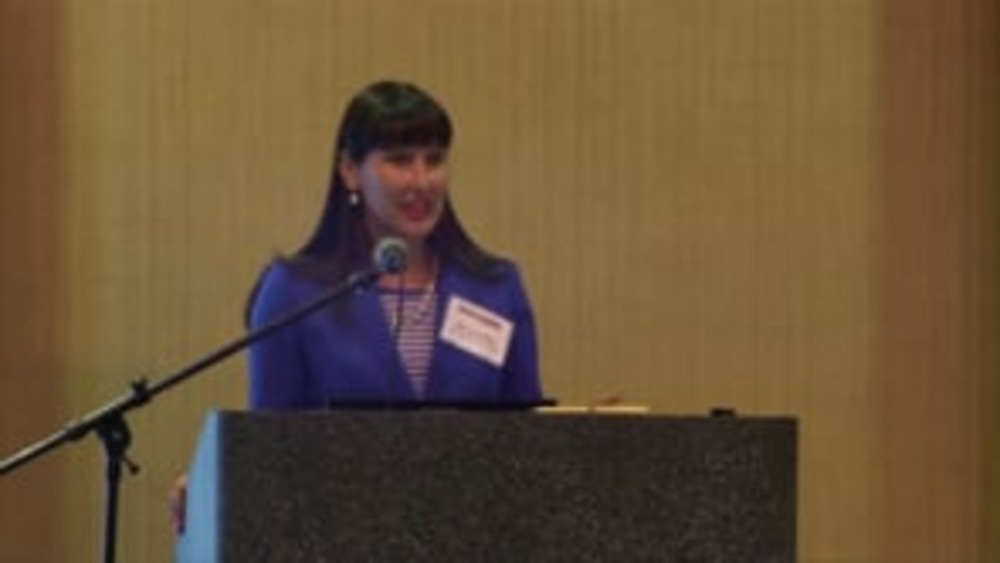
Jill Doerfler: Defining Citizenship: Blood Quantum vs. Descendancy
Scholar Jill Doerfler (Anishinaabe) talks about the colonial origins of blood quantum as a criterion for determining "Indian" and tribal identity, and explains how the federal government imposed that criterion upon the White Earth people in order to divest them of their land. She also stresses the…
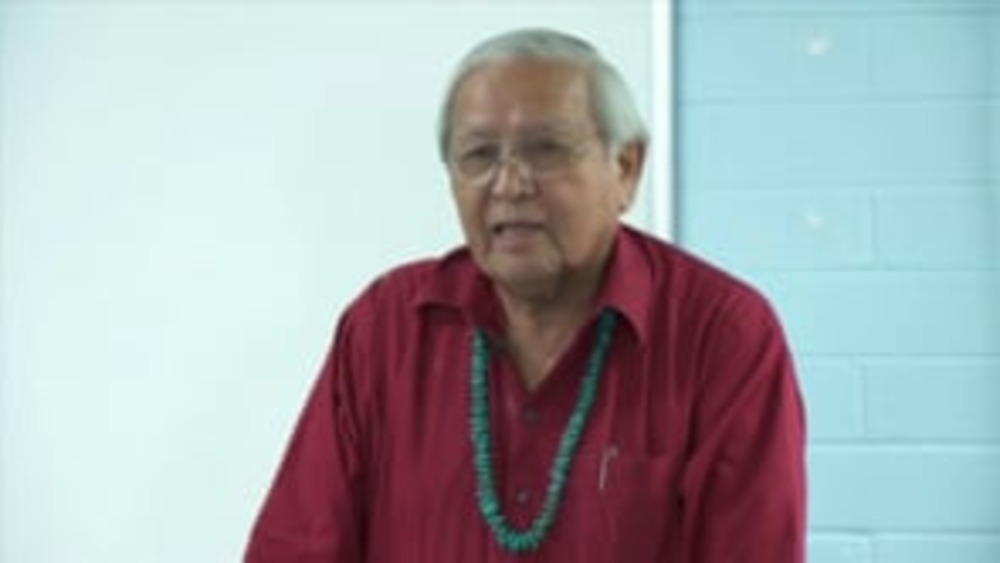
Peterson Zah: Native Nation Building: The Place of Education
Dr. Peterson Zah, former Chairman and President of the Navajo Nation, discusses the importance of higher education in empowering Native nations' efforts to achieve their nation-building goals. He also discusses the Navajo Nation Permanent Trust Fund as an example of the strategic orientation that…
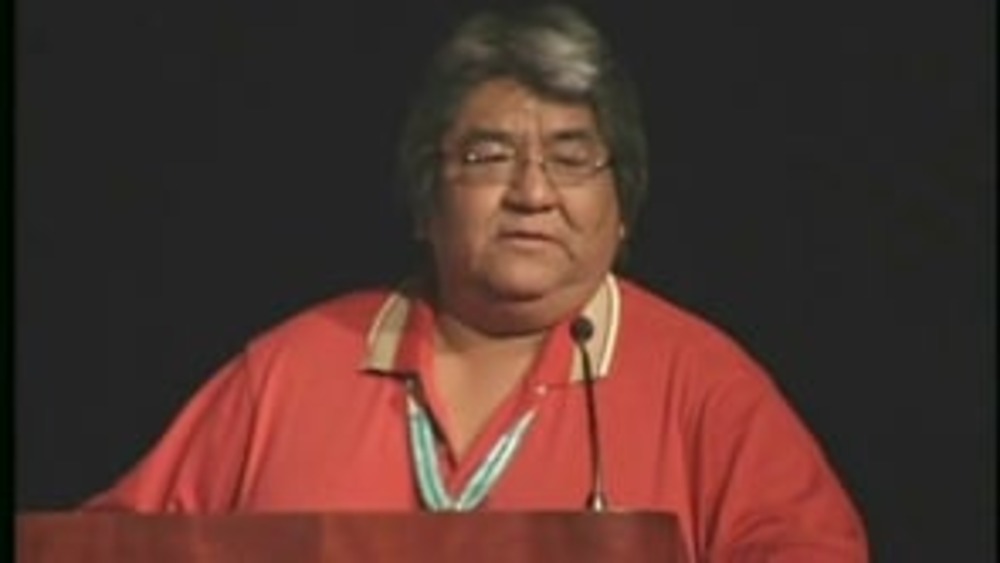
Honoring Nations: Cedric Kuwaninvaya: The Hopi Land Team
Former Chairman of the Hopi Land Team Cedric Kuwaninvaya presents an overview of the tribal subcommittee's work to the Honoring Nations Board of Governors in conjunction with the 2005 Honoring Nations Awards.
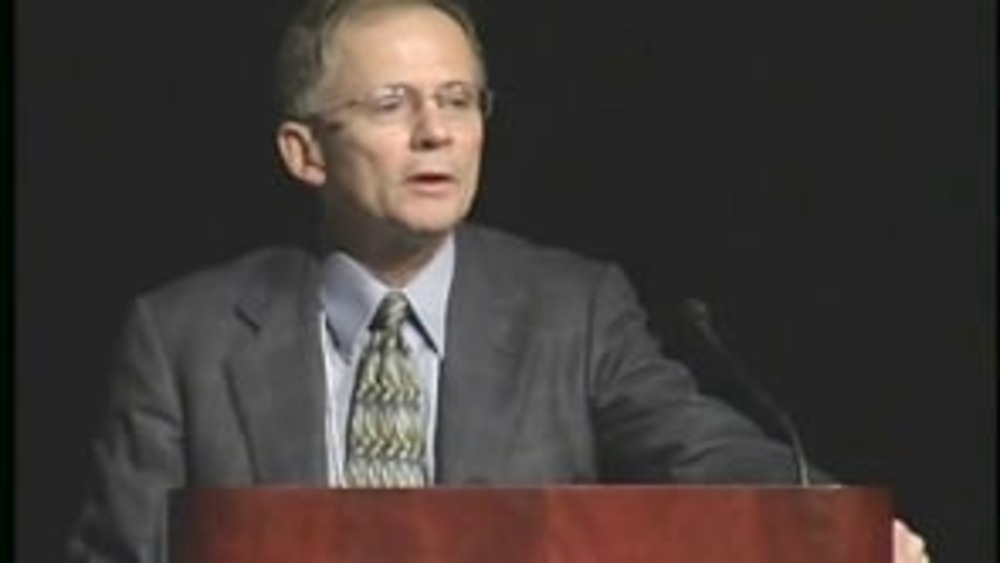
Honoring Nations: Tom Hampson: ONABEN: A Native American Business Network
Former Executive Director of ONABEN Tom Hampson presents an overview of the organization's work to the Honoring Nations Board of Governors in conjunction with the 2005 Honoring Nations Awards.
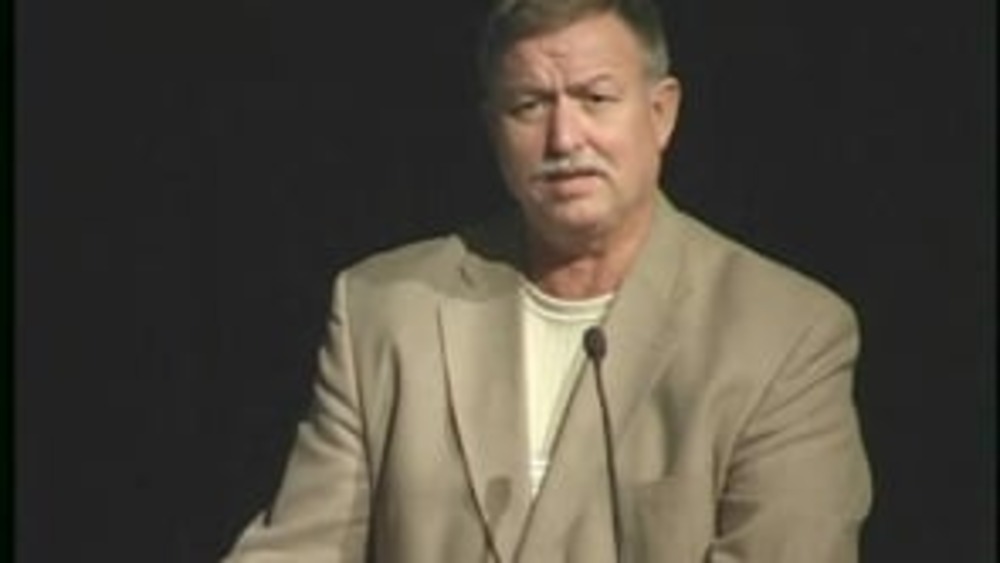
Honoring Nations: Dr. Dorry Larson and Joyce Country: Sisseton Wahpeton Oyate Professional Empowerment Program (2005)
Representatives for the Sisseton Wahpeton Oyate Professional Empowerment Program Dr. Dorry Larson and Joyce Country present an overview of the program's work to the Honoring Nations Board of Governors in conjunction with the 2005 Honoring Nations Awards.
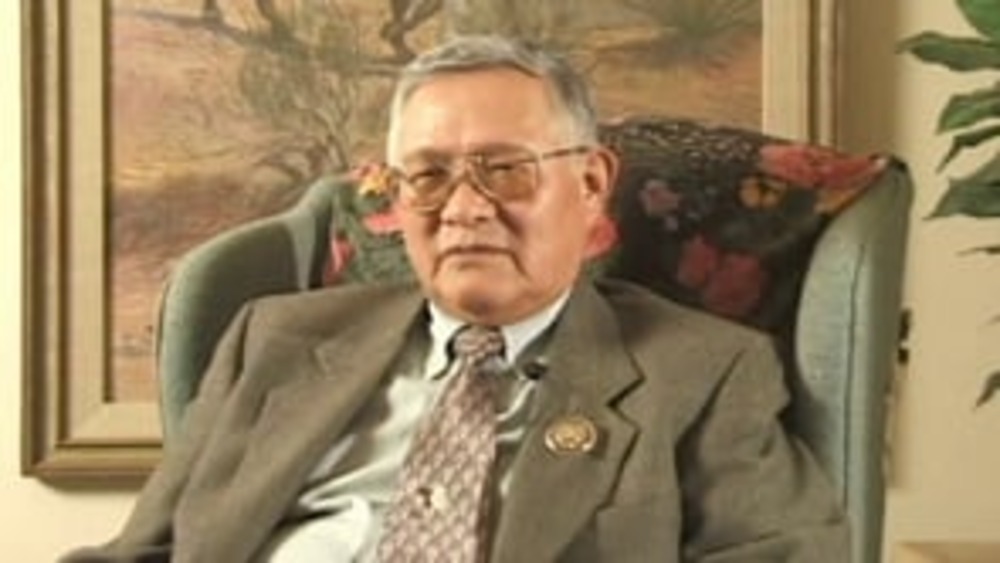
Great Tribal Leaders of Modern Times: Edward T. Begay
Produced by the Institute for Tribal Government at Portland State University in 2004, the landmark “Great Tribal Leaders of Modern Times” interview series presents the oral histories of contemporary leaders who have played instrumental roles in Native nations' struggles for sovereignty, self-…

Confederated Tribes of the Umatilla Indian Reservation (CTUIR) Public Transit Program
This video, produced by the Confederated Tribes of the Umatilla Indian Reservation, explains the process by which a public transit program was implemented for the benefit of tribal members and, eventually, non-tribal members in neighboring communities.
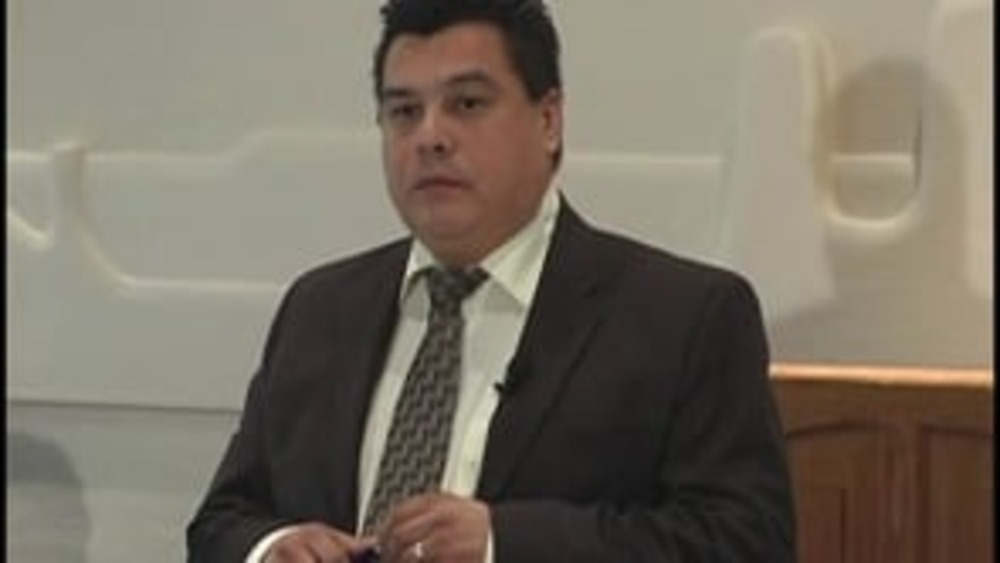
Brian Titus: Nation-Owned Enterprises: Osoyoos Indian Band Development Corporation
Osoyoos Indian Band Development Corporation (OIBDC) Chief Operating Officer Brian Titus provides an overview of OIBDC and the reasons for its success, notably the great lengths it goes to educate Osoyoos citizens about the corporation's activities and overall health.
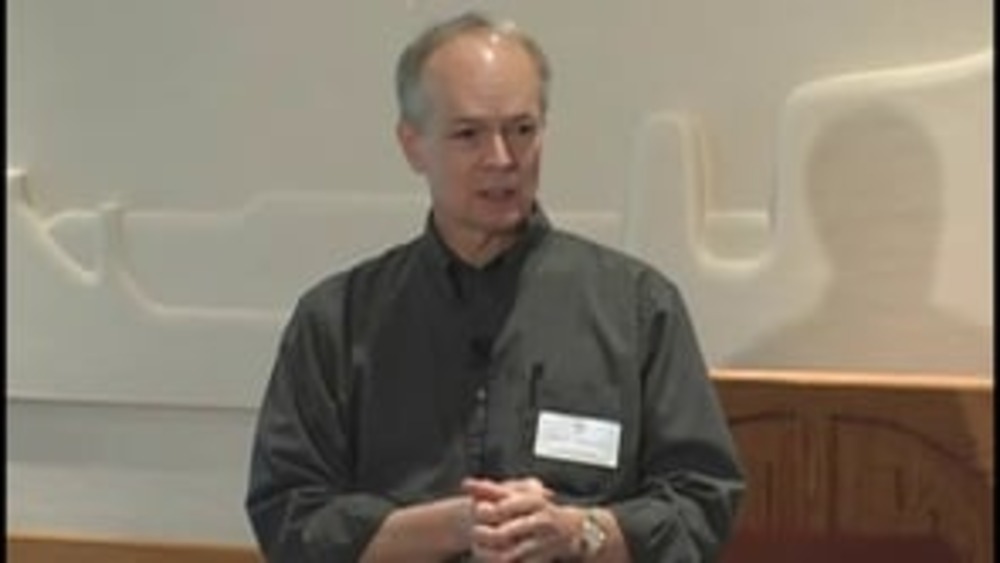
Stephen Cornell: Governance, Enterprises, and Rebuilding Native Economies
Harvard Project on American Indian Economic Development Co-Director Stephen Cornell discusses the two basic approaches Native nations typically take as they work to build and sustain nation-owned enterprises, and shares a number of examples from across Indian Country.
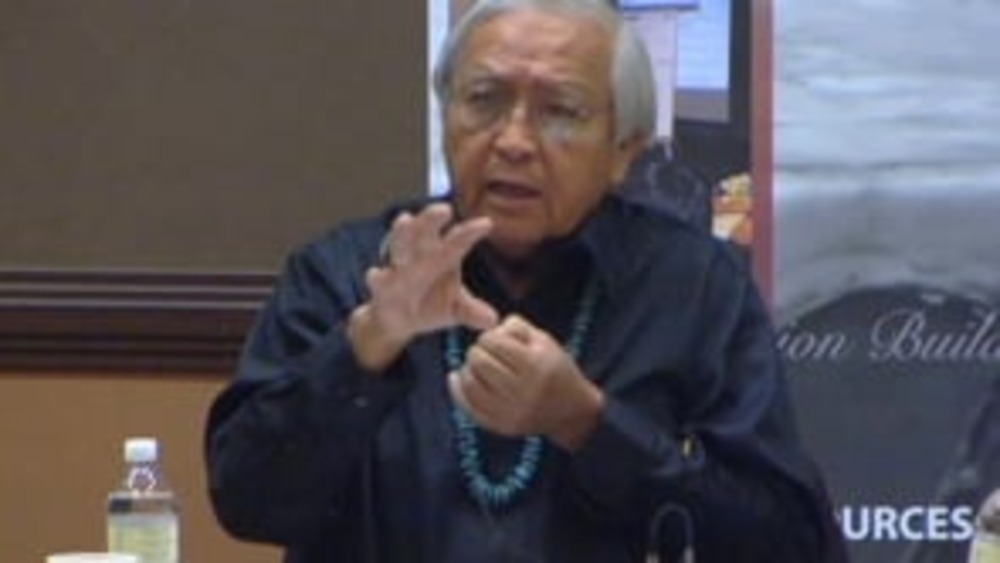
Peterson Zah: Addressing Tough Governance Issues
Former Navajo Nation President Peterson Zah shares the personal ethics he practiced while leading his nation, and discusses how he learned those ethics from his family and other influential figures in his life.
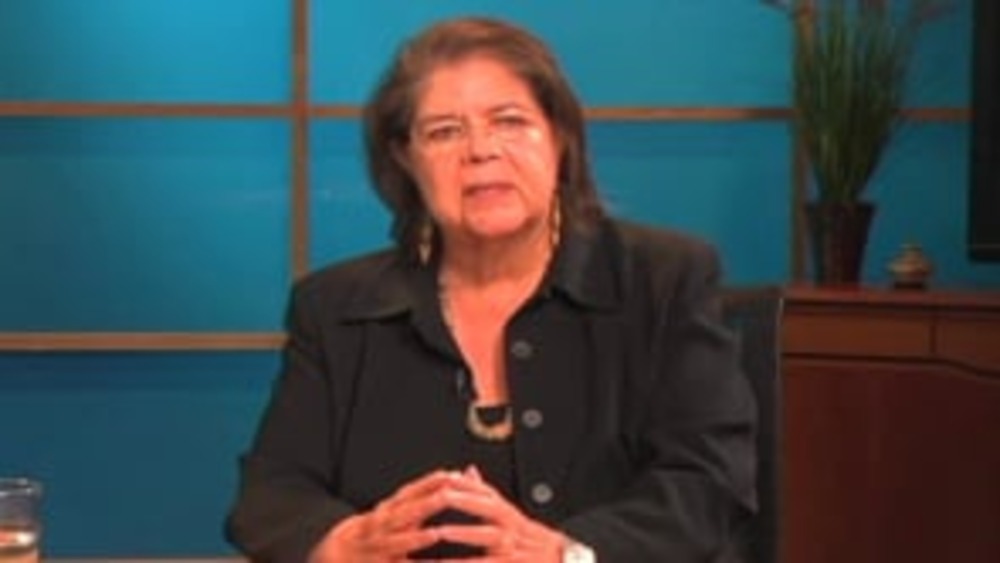
Wilma Mankiller: Governance, Leadership and the Cherokee Nation
As part of its ongoing interview series "Leading Native Nations," the Native Nations Institute (NNI) interviewed Wilma Mankiller, the late and former Chief of the Cherokee Nation, in September 2008. In the interview, she discussed her compelling personal story as well as the challenges the Cherokee…
